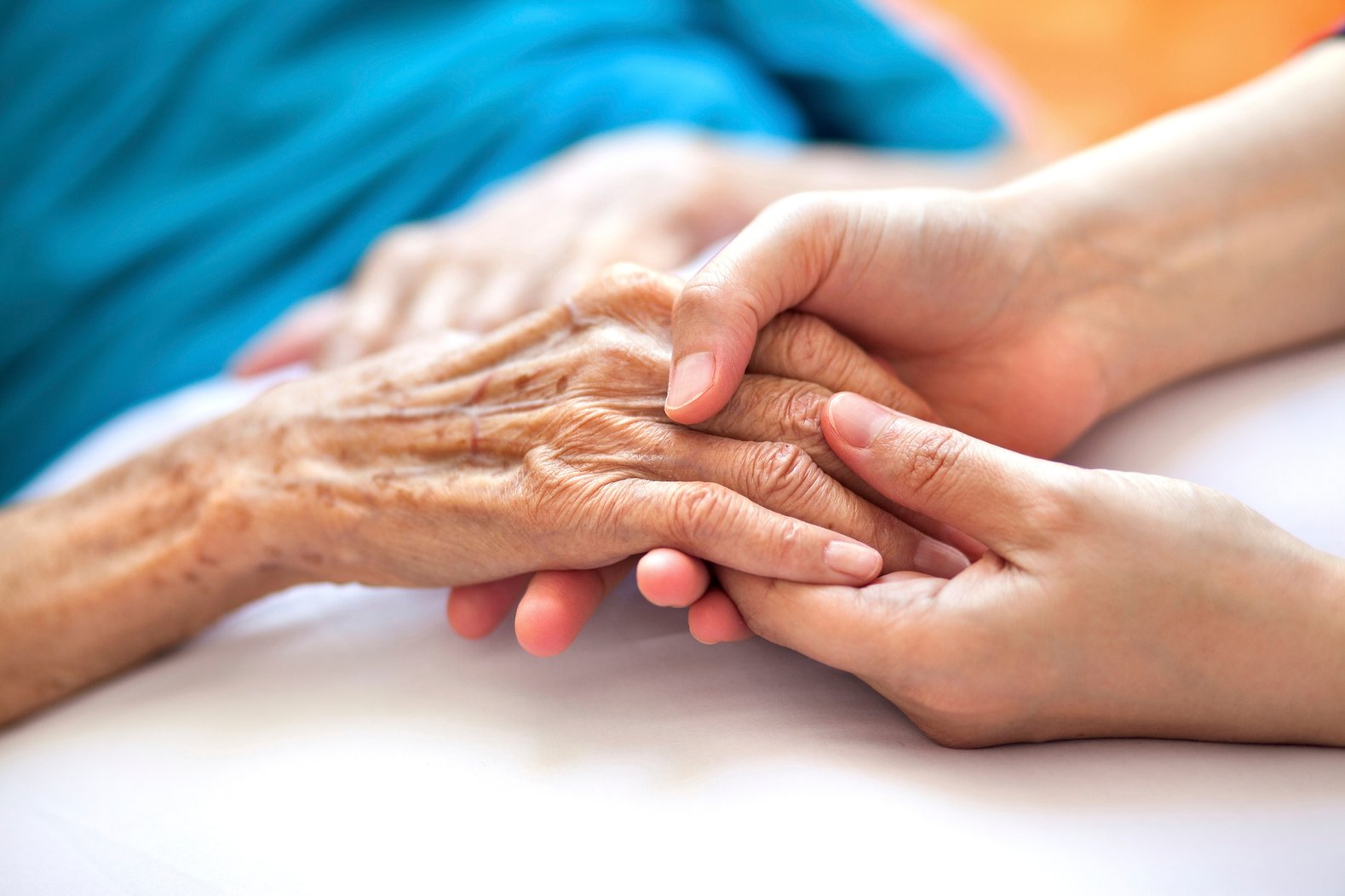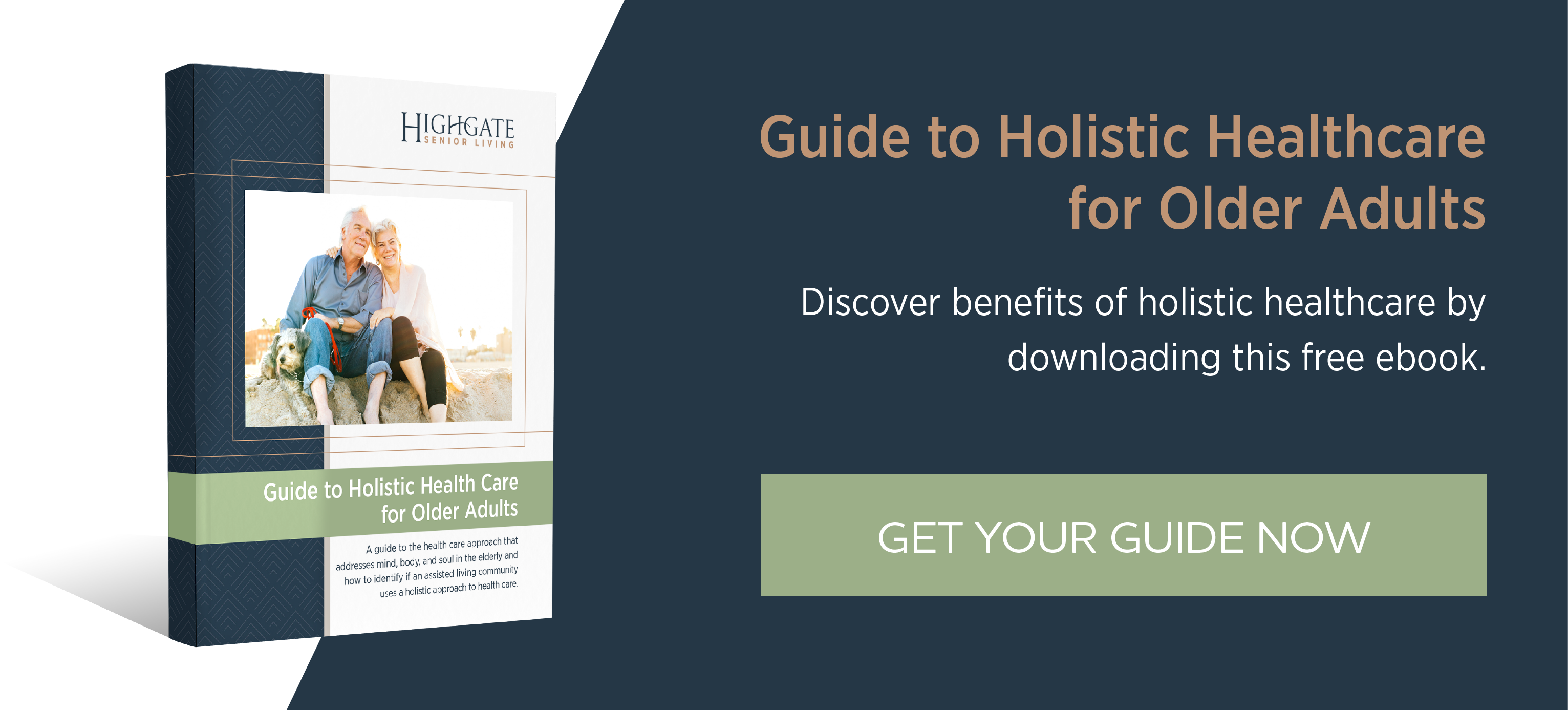 Although most associate dementia with memory loss, other symptoms you might not be aware of include personality changes, anxiety, depression, paranoia, agitation and sometimes even hallucinations. The term “dementia” is used to describe the group of symptoms affecting memory, logic and social abilities.
Although most associate dementia with memory loss, other symptoms you might not be aware of include personality changes, anxiety, depression, paranoia, agitation and sometimes even hallucinations. The term “dementia” is used to describe the group of symptoms affecting memory, logic and social abilities.
Once a loved one receives the diagnosis of dementia, the world of medications can be somewhat overwhelming. The medications may vary depending on the stage of dementia your loved one is in. Medications do not stop the progression of dementia, but they can lessen some of the symptoms.
Some medications are taken daily, and some medications are used on an as needed basis. Medications that are used “as needed” often are used to treat anxiety, agitation or hallucinations. These kinds of medications should be used cautiously.
As needed medications might address the behavior or significant change in mood swings, but it masks the real underlying emotions that person is feeling. Fear, anxiety, confusion, being overwhelmed can all be masked by anger, aggression, or paranoia. Medicating a person who has dementia may temporarily address the behavior, but when the medication wears off, will the issue have really been addressed?
Highgate Senior Living practices a holistic approach to health care for residents with dementia, Alzheimer’s, Parkinson’s disease, or other forms of cognitive impairment. Highgate’s goal is to minimize “as needed” medications, with care team members first focusing on overall well-being and non-pharmacological interventions. “It's easy to give someone a pill," says Megan Wilson, Community Relations Coordinator, Highgate at Billings. "But you're not really living if you're always doing that.”
As verbal communication becomes more difficult as the disease progresses, sudden changes in mood and behavior can be out of frustration for being unable to communicate “I’m in pain”, “I need to go to the bathroom”, “I can’t remember where I am”, or the many other emotions one feels as the world around them becomes more and more difficult to control.
Let’s take a look at some alternative ways to address common symptoms with dementia that may lessen the amount of medication needed or even eliminate certain medications altogether.
Massage: The Wonder Non-Drug
According to the American Massage Therapy Association, people with dementia can benefit from the soothing, caring benefits of massage. It can help reduce pain, ease feelings of loneliness and build better body awareness.
Care partners at Highgate communities utilize massage to calm symptoms related to dementia. Care partners sit with residents who are experiencing anxiety or depression while giving them a hand massage with essential oils. Foot and slow-stroke back massage are two other types of massage Highgate uses that are physically and emotionally therapeutic.
People with dementia may lose their connection to facts, but they don't lose their connection to emotions.
Soothing spa baths with low lighting, quiet music, essential oils and water jets can also be very effective in promoting relaxation in those with dementia (which can be masked as aggressive behavior or agitation).
Aromatherapy
Aromatherapy is the use of essential oils to enhance well-being. Essential oils are key element in the care toolbox at Highgate.
As mentioned earlier in this article, Highgate utilizes essential oils for massage. There are also many other uses for essential oils when caring for someone with dementia.
In the morning, Highgate uses diffusers for uplifting scents such as citrus, to stimulate appetite and energy. In the afternoon, many who have dementia suffer anxiety or “sundowning.” Certain essential oils relieve stress and encourage relaxation. Highgate Care Partners use lavender to promote sleep.
Maintaining personal hygiene with those with dementia can also become a more difficult task as the disease progresses. Before meals, Highgate care team partners give residents hot towels with oils with antimicrobial properties on them. It feels good on their hands and the smell stimulates appetite.
Pets
Researchers have long suggested that pets are good for us. Pets have been linked to lowering blood pressure and heart rate, reducing the stress hormone (cortisol), and boosting levels of serotonin (the feel-good hormone).
Four-legged friends can also soothe the symptoms Alzheimer’s and dementia patients experience. Highgate Senior Living is among a small percent of senior living providers offering a pet-friendly community. Residents are able to bring their pets when they move into Highgate, as long as they are able to care for them. As dementia progresses, even if a resident isn’t able to care for a pet, a multitude of pet-friendly activities has been built into the Highgate activities calendar.
For someone who is pacing or disruptive, pets can be a perfect way to redirect their attention or alleviate stress. Pets can remind those with dementia of happy memories, and can give them a feeling of purpose as they focus their attention on an animal who is soaking up the attention they are receiving.






